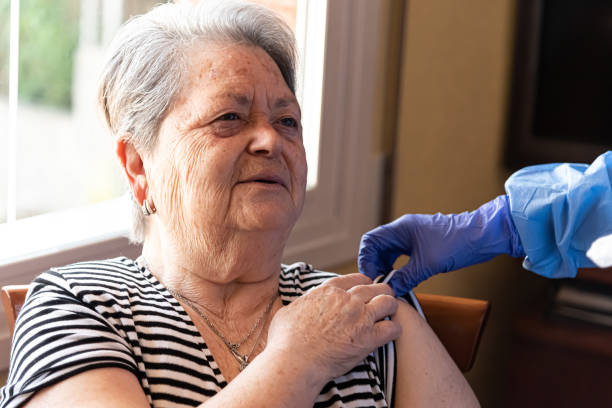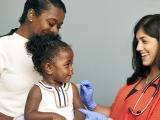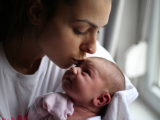In its first year of use in the United States, the overall estimated effectiveness of the respiratory syncytial virus (RSV) vaccine against respiratory illness and severe disease in adults aged 60 years and older was 92%, a team led by researchers from Kaiser Permanente Southern California and vaccine maker Pfizer reported yesterday in Clinical Infectious Diseases.
The investigators used a test-negative case-control design to estimate the vaccine effectiveness (VE) of the RSVpreF (Abrysvo) vaccine against emergency department (ED) visits or hospitalizations among 696 older RSV patients, 6,540 healthy ("broad") controls, and 1,034 who tested positive only for a non–vaccine-preventable pathogen ("strict" controls) from November 2023 to April 2024.
A previous test-negative case-control study by the same team published in December 2024 estimated the effectiveness of the vaccine at 89% against RSV-related hospitalization and ED visits.
In June 2024, the US Centers for Disease Control and Prevention's (CDC's) Advisory Committee on Immunization Practices (ACIP) recommended that all adults aged 75 and older and those aged 60 to 74 at high risk for severe RSV receive a single dose of the vaccine. But uptake has been low. By December 2024, estimated US coverage of RSV vaccines was 34% among adults aged 75 and older and 31% in high-risk patients aged 60 to 74.
95% effective in those aged 75 and older
The vast majority of participants (92.7%) had chronic conditions, 45.7% had chronic obstructive pulmonary disease (COPD), 14.6% had weakened immune systems, and 56.4% were aged 75 and older. Overall, 0.3% of RSV patients, 3.6% of strict controls, and 3.4% of broad controls had received RSVpreF.
The study included 8,965 ED visits/hospitalizations for acute respiratory illness that included RSV testing. In total, 7.8% of patients were RSV-positive, among whom 0.3% had been vaccinated, compared with 3.6% of controls.
With pending expansion of [RSV] recommendations to adults aged 50–59 years, continued evaluation of the potential protective benefits of this vaccine is warranted.
A comparison of 695 RSV patients with 1,034 strict controls estimated the adjusted VE against RSV-related ED visits/hospitalizations at 92%, with vaccinees receiving RSVpreF a median of 56 days before respiratory infection. Comparing RSV patients with 8,270 broad controls, the adjusted VE was 90%, with vaccine receipt a median of 62 days before infection.
The adjusted estimated VE against ED visits/hospitalizations was 95% among patients aged 75 and older, 92% among those with high-risk medical conditions, and 90% against critical outcomes such as intensive care unit admission or mechanical ventilation.
The results indicate that RSVpreF "has higher VE against severe outcomes than other current respiratory vaccines, including SARS-CoV-2, influenza, and pneumococcal vaccines," the study authors wrote. "With pending expansion of [RSV] recommendations to adults aged 50–59 years, continued evaluation of the potential protective benefits of this vaccine is warranted."




















